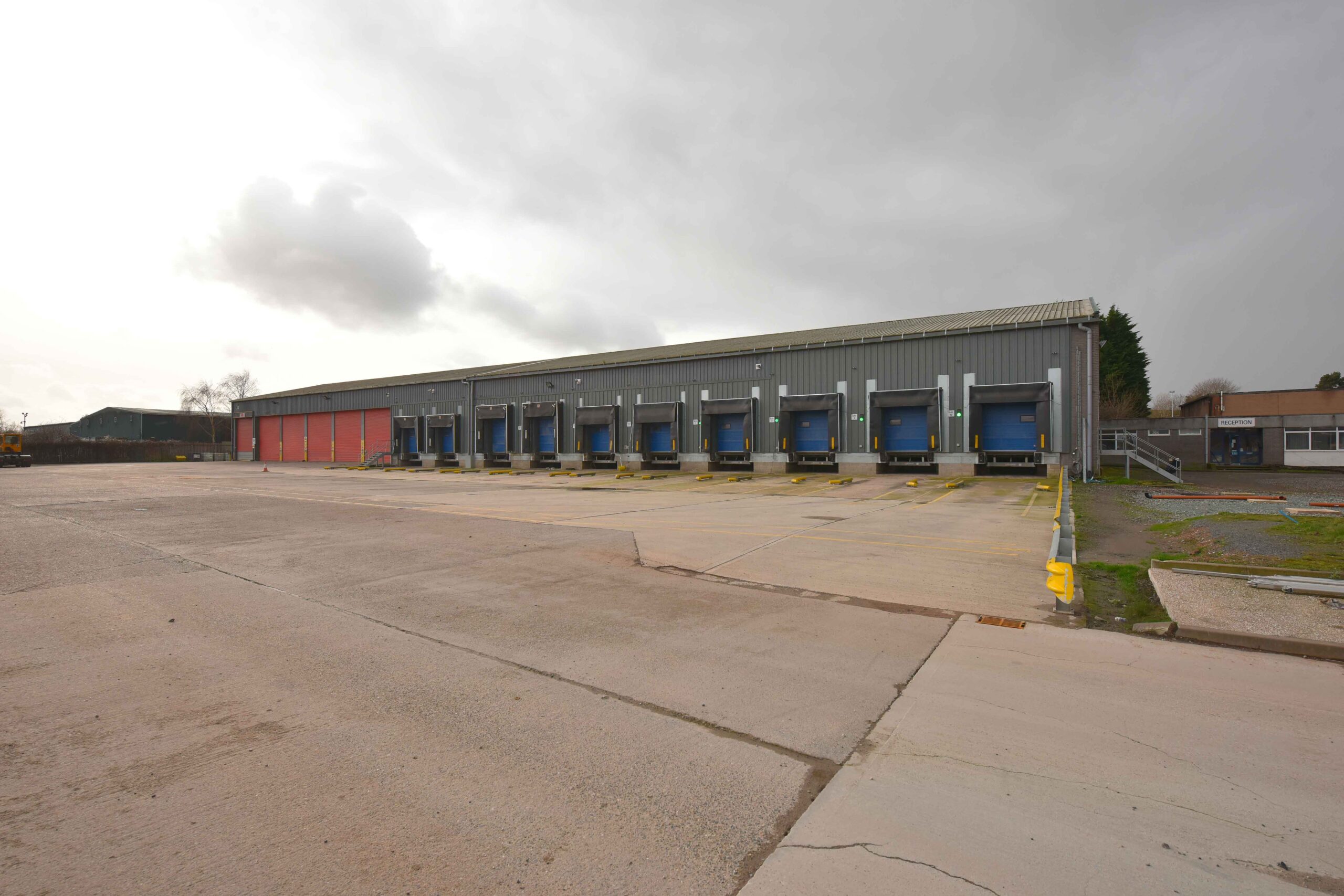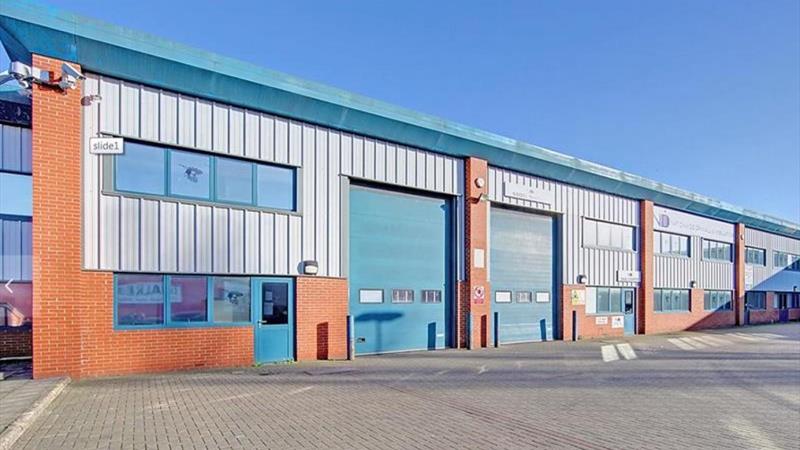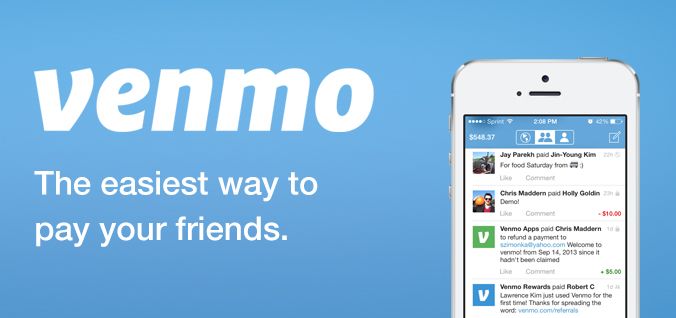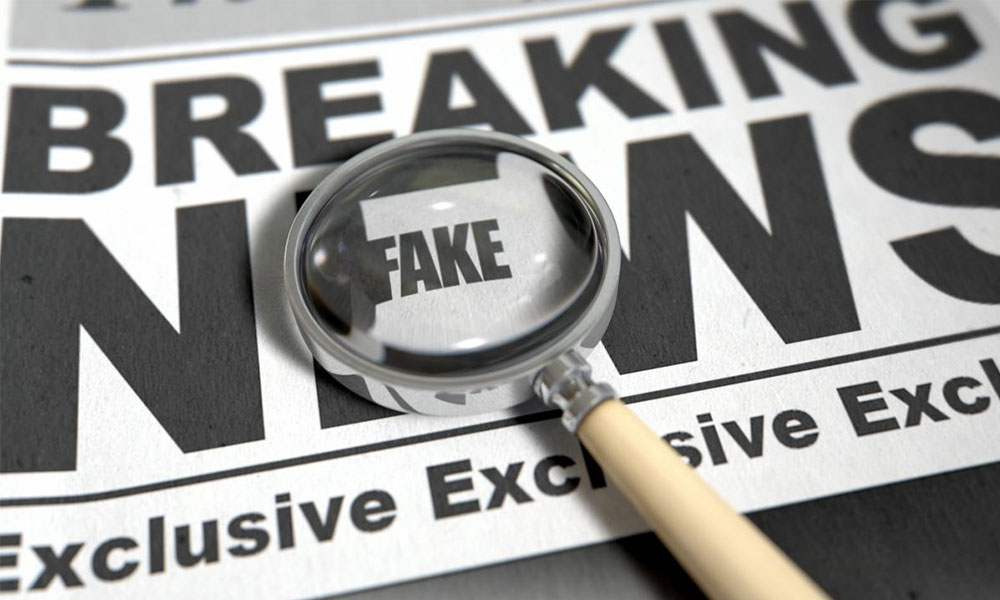Are you on the lookout for a new industrial property for sale near me? Look no further! Your search ends here as we unveil a world of potential with our industrial properties for sale near you. Whether you’re a seasoned investor or a business owner seeking expansion, our selection of industrial properties promises to meet your unique requirements.
The Importance of Industrial Property for Businesses
Industrial property for sale near me play a crucial role in the success of businesses across various industries. These properties serve as the foundation for manufacturing operations, warehousing facilities, distribution centers, and more. The right … Read More









































